Data researcher who predicted Brexit, Trump 2016, and the 2019 ‘miracle’ has predicted who win the 2022 federal election
He predicted Brexit, Trump’s 2016 win, and ScoMo’s 2019 “miracle” – now the data scientist modern Nostradamus has predicted the election winner.
Federal Election
Don't miss out on the headlines from Federal Election. Followed categories will be added to My News.
According to the polls, the 2022 federal election is as tight as it can possibly get.
The Labor Party, they say, holds the faintest lead over the Coalition – but we all remember what happened last time we thought Labor was going to win.
It’s only fair to be a bit sceptical or wanting a bit more certainty as to who will be running the country after May 21.
RELATED: It’s election day. Follow our live coverage
Times like these call for oracles, or Paul the Octopus, or data scientists like Bela Stantic.
The Griffith University professor not only predicted Scott Morrison’s “miracle” victory in 2019, he also tipped Donald Trump to become the 46th US President in 2016.
So we called him back to predict the winner of today’s federal election – and even he says the race will go right down to the wire.

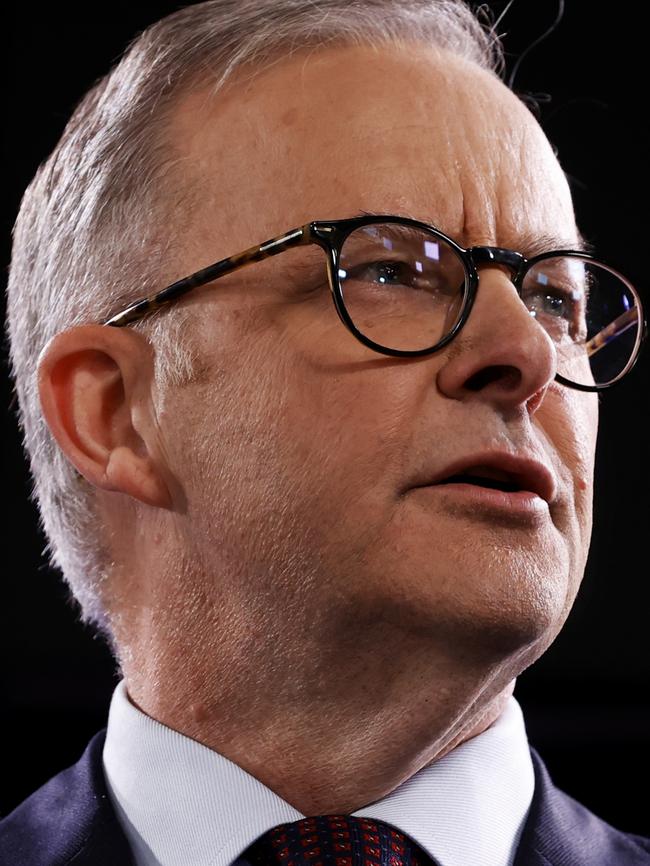
“The situation changes every hour,” Professor Stantic told news.com.au. “Postal votes, preferences, and independents will be crucial.”
Late on Friday night, it looked like Anthony Albenese could become the 31st prime minister of Australia, but in the bright light of Election Day morning, Stantic isn’t as confident.
“Despite training and running many models overnight I could not come to a conclusion based on data science with confidence,” he said, adding that predicting the 2019 election was “much easier”.
To make the predictions, Professor Stantic analysed sentiment across social media, crunching millions of tweets through data analysis programs at Griffith University’s Big Data and Smart Analytics lab on the Gold Coast.
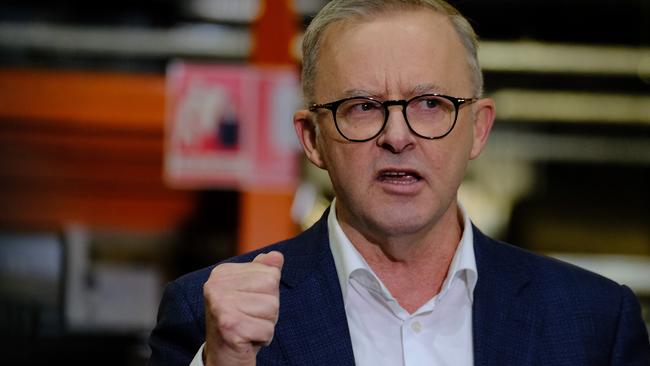
The programs reveal what people have been thinking about and feeling throughout the election.
On the back of his previous wins, and few losses, Professor Stantic said his big data research had shown analysing as little as 5 per cent of social media data equated to 95 per cent accuracy.
Basically, the numbers are pretty close to spot on.
“It is scary how accurate prediction can be done by analysing social media,” Professor Stantic said after his Trump premonition came true.
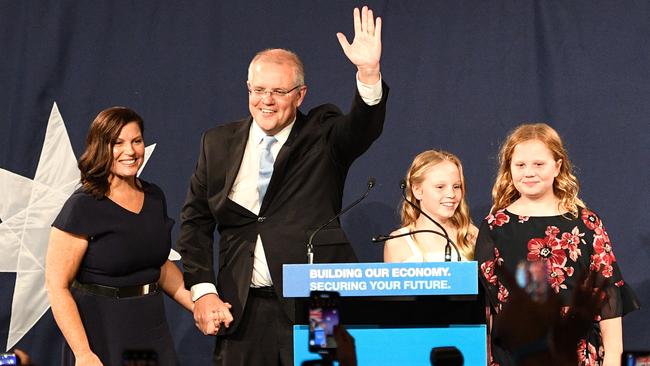
He said the old-school method of telephone polls deliver “inconsistent results” for a number of reasons. Whereas self-generated data – through social media use – is a “secret treasure of information if we know how to discover it”.
“(Data) makes predictions about the future based on the patterns of the past, and finds relationships buried in the data that no one has noticed,” he said.
Despite his best efforts late into the eve of election day, the modern Nostradamus isn’t confident enough to make a definitive prediction.
#BREAKING@austreptilepark's 71-yo Galapagos tortoise could not predict federal election result. Hugo's seen 16 PMs in his lifetime. He walked towards Scomo, but took a sharp turn towards Albo. He then got distracted by his gf Estrella 🢠His accuracy rate roughly 50% @9NewsAUSpic.twitter.com/mCZKcC1DNU
— Olivia Grace-Curran (@livgracecurran) May 20, 2022
Why? For one, the gruelling campaign was “very influential” on making public favour see saw, he says.
And, second, an eleventh-hour surge in public favour for the Coalition and Scott Morrison has added uncertainty to his prediction.
“The campaign changed a lot on a few occasions in each direction, with a significant move toward the Coalition,” Professor Stantic said on Friday night.
This week, alone, he analysed a sample size of more than 1.4 million voters and found 12 per cent had changed their voting intentions between parties and candidates more in this election than in 2019.
Professor Stantic said 20 per cent of people showed “uncertainty” in their language about who they would vote for and were still undecided in the final week of campaigning.
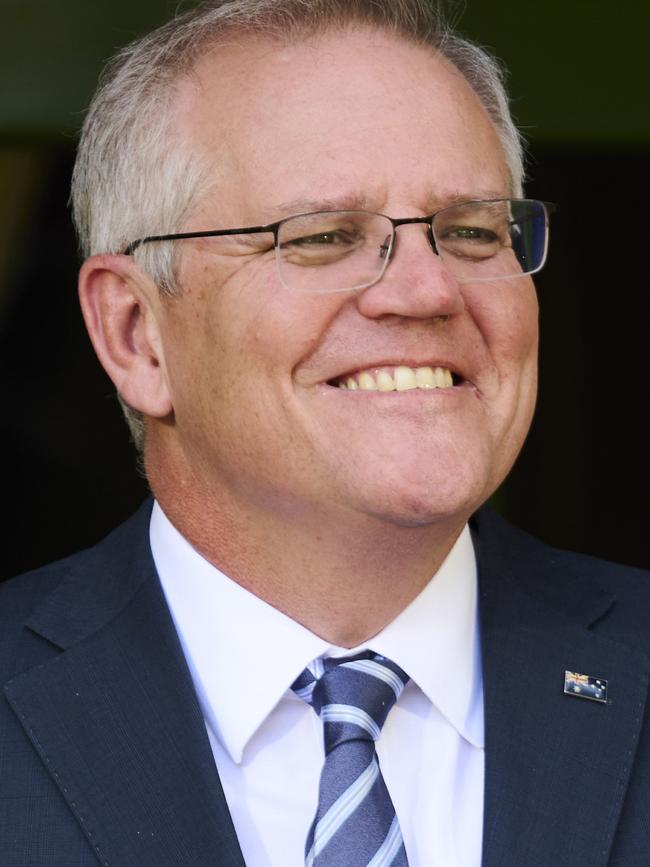
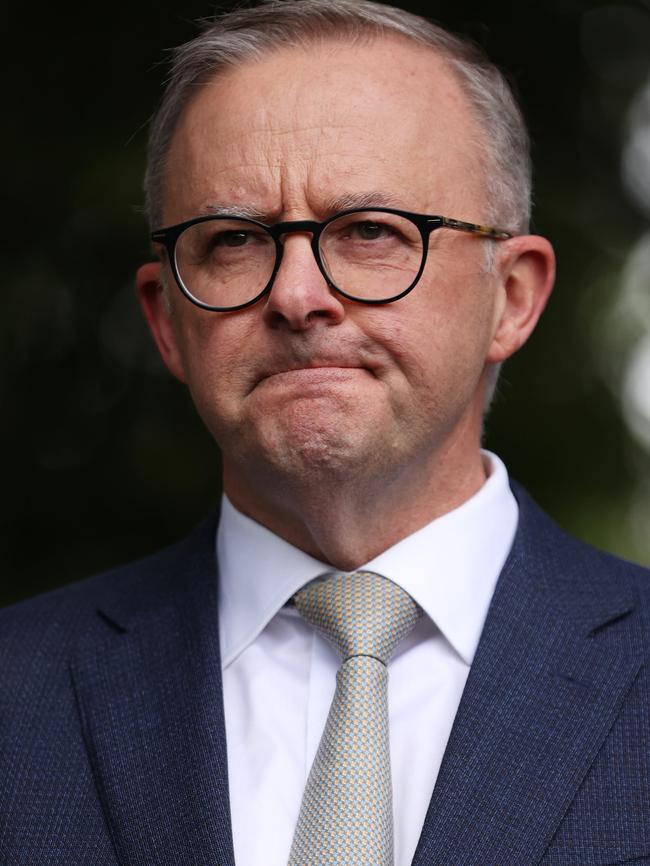
Another search engine consultant, Jared Bennett has used a similar big data tool - this time analysing Google search data - and has predicted a hung parliament is the most likely conclusion to the election.
He came to the conclusion by analysing the monthly search volumes of federal candidates’ names via Google’s keyword planner tool.
The last complete month was April, but analysis of searches from the same period in 2019 predicted the winners of 137 of 151 seats - a 95 per cent success rate.
Mr Bennett said the tool “revealed a strong correlation between the number of searches for a candidate and the eventual winner of the popular vote”.
“In simpler terms: whoever’s name was searched for the most in Google generally went on to receive the most votes on election day,” he said.
This election, Mr Bennett said the data suggests we’re heading for a hung parliament, with the Coalition coming out ahead of Labor by six seats (69 to 63).
He said a “surge” of interest around Independent candidates threw a majority victory out the window, with 15 candidates recording a higher number of searches than their major party opponents - in many cases, Bennett said, by a “significant margin”.
“In 2019, this method of using Google search data correctly predicted all 5 winning independent candidates,” he added.
While it’s all yet to be seen whether our very own Pauls have had visions of the future, if their track records are anything to go by, we might have dropped the biggest spoiler of the entire election.
More Coverage
Originally published as Data researcher who predicted Brexit, Trump 2016, and the 2019 ‘miracle’ has predicted who win the 2022 federal election




